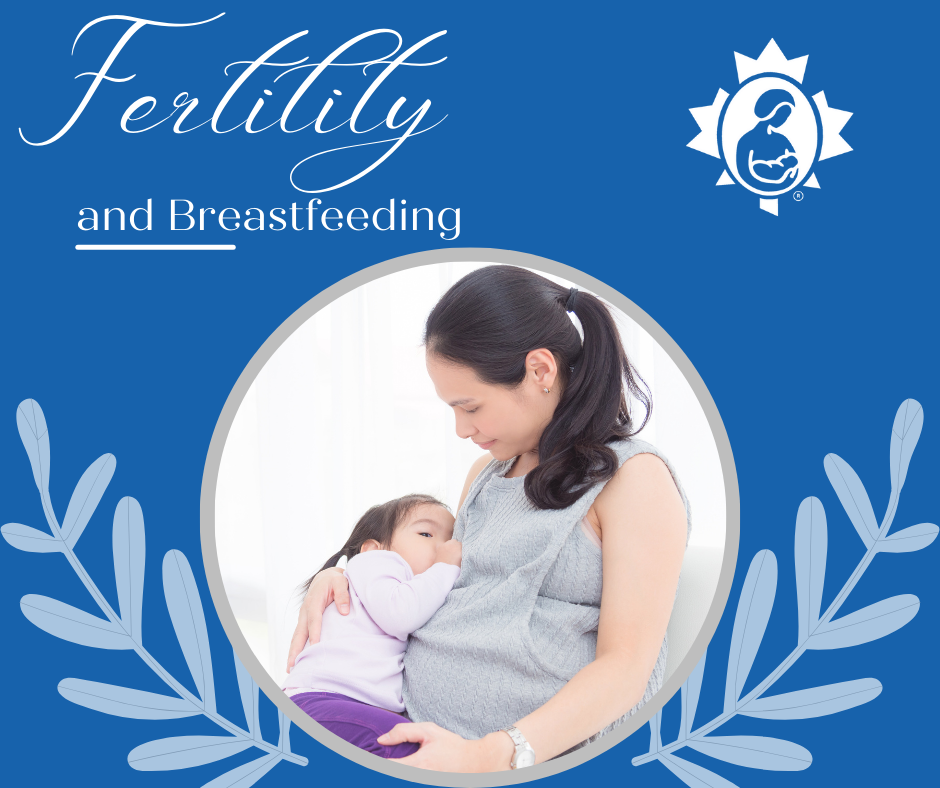
To make decisions about future pregnancies, it’s important to understand how breastfeeding affects your return to fertility. It’s also important to know that the ability to get pregnant again while nursing varies from woman to woman.
The two strongest factors influencing the return of your fertility are:
- How frequently you breastfeed,
- and The total amount of time you spend breastfeeding in 24 hours.
If ALL of the following conditions apply, breastfeeding is 98% effective in preventing a pregnancy:
- Your baby is less than six months old.
- Your periods have not returned (no spotting).
- Your baby is nursing exclusively on cue, day and night, without regularly receiving any other food or drink including water.
The return of your fertility can happen when ANY of the above factors change. The following can all change your hormone levels and result in a possible pregnancy unless you are using birth control:
- Increased separation.
- Longer gaps between daytime feedings.
- Starting solids.
- Baby sleeping longer stretches at night.
- Pumping milk rather than feeding at breast.
Many mothers have one or more periods that are infertile before they start releasing eggs (ovulating) again. There is no way of knowing for sure whether this will be the case for you. If your menstrual cycle returns in the first six months, then the likelihood is that you were not fertile before that first period. But if your baby is older than six months, it is more likely that you will release an egg (ovulate) before you have your first menstrual cycle. This means that you could get pregnant before you even know that you are fertile again.
Some parents find that even after their babies are older than six months, eating solids regularly and sleeping longer stretches at night, their periods do not return. This is not uncommon. Some women have been known to have a delay in fertility for well over a year or more. You may like this idea or worry that you will not be able to have your next child as soon as you want. As your baby gets older and continues the slow gentle process of weaning, your fertility will probably return. Very occasionally, a mother may need to wean completely in order to get pregnant.
Your body may not cooperate with your plans for delaying or speeding up the return of your fertility. There is no magic spacing of children that is best for everyone. Many families end up having children closer together than they planned or much further apart than they wanted. In the end we all make our own unique families and are able to enjoy both the challenges and blessings of whatever arrangement we get.
If you have any questions about the return of your fertility, you can contact a La Leche League Canada Leader for information and support.
Please consider supporting LLLC.
Updated 2024
